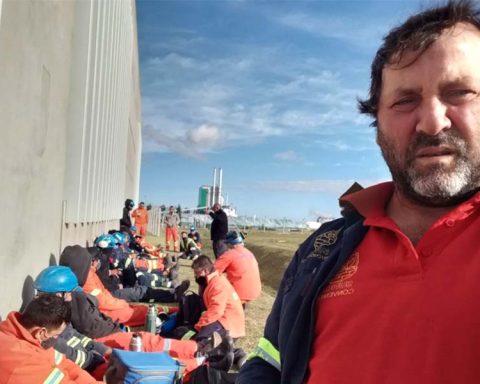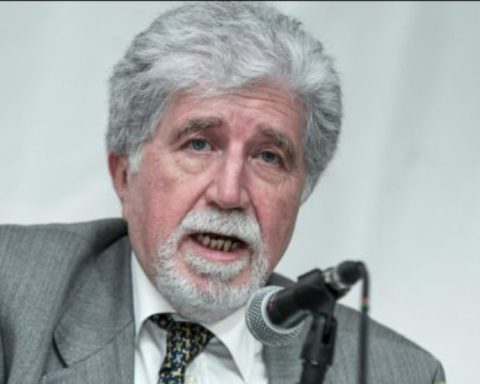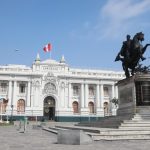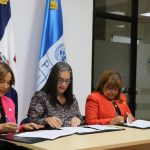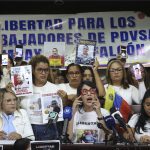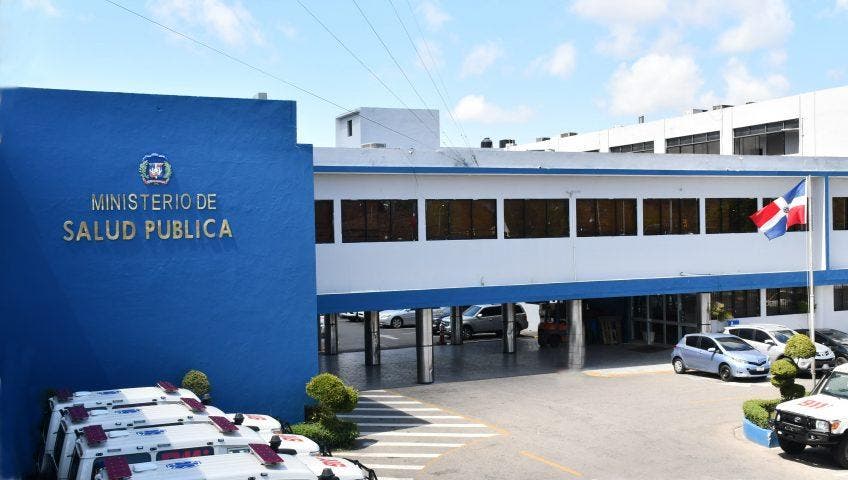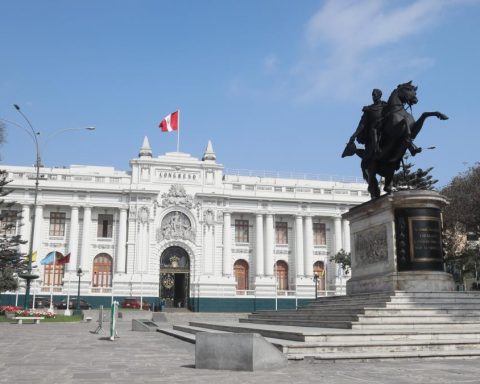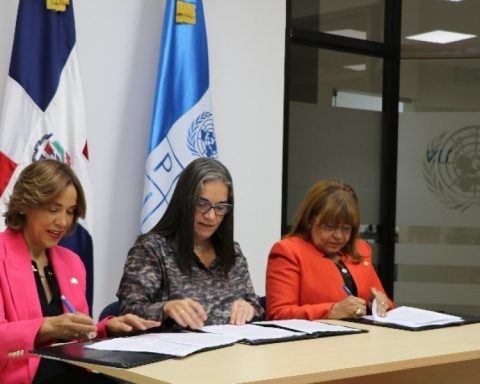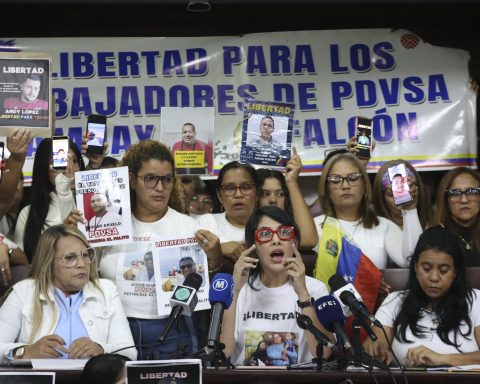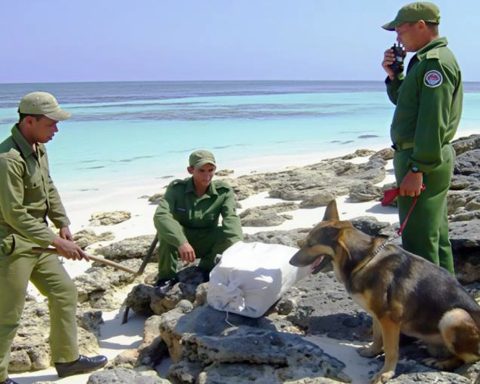The Ministry of the Interior wants to put night raids back on the table for parliamentary debate as a tool to combat drug trafficking. The idea, which was part of the package of measures of the Live without Fear reform promoted in 2019 by Jorge Larrañaga that was rejected in a plebiscite, was taken up by the current Minister of the Interior Luis Alberto Heber.
In a first attempt, Cabildo Abierto and the Broad Front were opposed to carrying out this reform, rejected by the population, and the issue fell by the wayside because special majorities are needed.
However, now the Ministry of the Interior wants to go through another mechanism that requires fewer votes in Parliament but then it is necessary to plebiscite the norm in 2024, according to what was reported by Search and confirmed by the general director of the Ministry’s Secretariat, Luis Calabria, to The Observer. But this possibility already raises questions even within the National Party, since Senator Graciela Bianchi understands that this is not the time to modify the Constitution.
“What there is is the idea of enable discussion“, explained Calabria, adding that this will be through the search for approval of a constitutional bill presented by the nationalist senator Carlos Camy in 2020, after a request from the deceased former Interior Minister Jorge Larrañaga.
Camy told The Observer that Larrañaga told him that “The main battle is against drug trafficking”to ask him to try again to approve the raids, after the defeat in the 2019 plebiscite of the reform known as “Living without fear”.
The senator does not want a “banalization” of the discussion about the raids with Live without fear, because it understands that this case it is only a section of that reform. He even remarked that voices from the Broad Front, such as former Interior Minister Eduardo Bonomi and former parliamentarian Darío Pérez, they were against the reform, but in favor of the night raids.
At the first opportunity, Camy spoke with representatives of all the political parties, but the Broad Front rejected the proposalso that the necessary two-thirds were not reached in each of the chambers to sanction a constitutional lawas indicated by literal D of article 331 of the Constitution of the Republicwhich lists the mechanisms to reform the current Constitution.
In 2022, the intention of the National Party is to talk again with all the political parties and get to enable the law in two ways: that of literal D or that of literal B of the same article, which indicates that if the votes of “two fifths of the total components of the General Assembly” are gathered a reform project may be submitted “to the plebiscite in the first election held”which in this case would be in the 2024 nationals.
For this, 52 votes of the 129 of the General Assembly would be necessarywhich the coalition would reach only with the votes of the National Party and the Colorado Party, which between them brings together 56 legislators (40 nationalists and 16 colorados). In any case, the Cabildo is inclined to study this new mechanism since it is not opposed to night raids but rather does not share approving something in Parliament that the citizenry rejected. This new mechanism would submit the text to the polls again.
The Constitution is not touched
However, the National Party showed his first internal discrepancy regarding this project, which according to Camy is made up of two articles that enable the tool. Nationalist senator Graciela Bianchi wrote on Twitter that “the Constitution is not touched”.
The Constitution is NOT touched.
– Graciela Bianchi (@gbianchi404) April 1, 2022
for bianchi “there are junctures” in which the Magna Carta should not be touchedexplained to The Observer. “We are coming out of a very strong referendum, a very strong pandemic. I want a bit of stability, not deep discussions again.”added the senator.
Bianchi explained that the referendum on the 135 articles of the LUC “generated many rispideces that remain“, and that because of it “The confrontation has deepened.”
For this reason, the senator declared that the best thing from her point of view would be “stabilize from the political point of view, and in general in society”before reconvening an electoral body. “We cannot be in a state of permanent assembly”criticized about it.
In the event of a divided vote of the National Party, Cabildo Abierto will also be able to add votes to the reform with its 14 legislators, that together with the Colorado Party would reach 30.
The lobbyist leader, Guido Manini Ríos, expressed his disagreement with voting the raids as a constitutional law because “The citizens did not vote for him, they did not accompany him”, as he explained in an interview with Radio Carve. However, the senator stated that if this reform is carried out through a referendum, it would be a “good idea”.
Camy understands that we must “deepen the dialogue” to reach a consensus with more parties. He even believes that it is possible to convince the Broad Front, because the law would enter into force “in the next government” to win in the plebiscite. “Why refuse if you are going to vote?”asked the nationalist.



